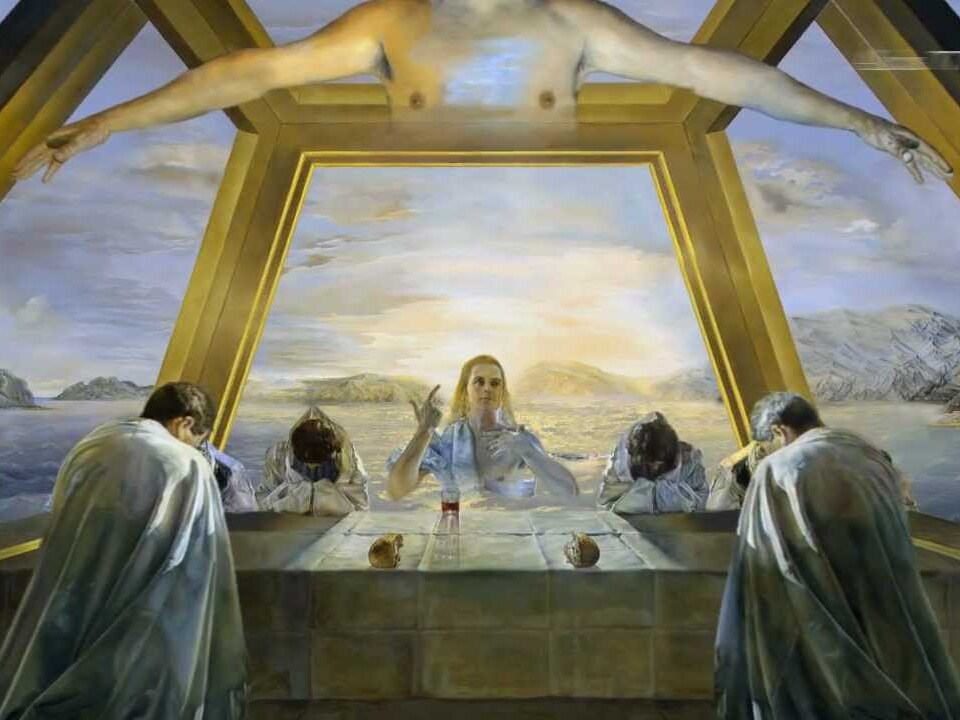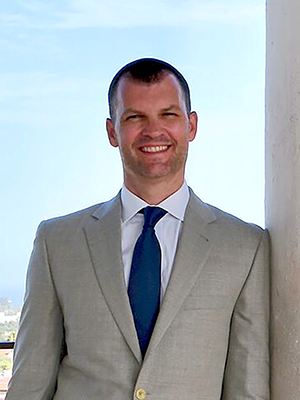HUMS 222, Science and Narrative

Course Description:
This seminar considers productive collaborations and exchanges between literature and the sciences since the middle of the 20th century. Through readings in science fiction, popular science writing, and the history and philosophy of science, we explore strategies and theories for thinking and writing across the “two cultures.” The seminar begins with an examination of the role of narrative in doing and communicating science. The second unit of the course traces various meanings of “scientific life,” and the role of biography and memoir in shaping the figure of the modern professional scientist. The course concludes with experiments in literary form inspired by mathematical formalism, as well as speculative narratives that experiment with alternative configurations of race, gender, and species.
Led by:
|
|
Professor R. John WilliamsMy academic work so far has focused on international histories of technological/media innovation and the perceived difference of racial and cultural otherness. My recently published book, The Buddha in the Machine: Art, Technology, and The Meeting of East and West (Yale University Press, 2014), examines the role of technological discourse in representations of Asian/American aesthetics in late-nineteenth and twentieth century film and literature. The book won the 2015 Harry Levin Prize from the American Comparative Literature Association. I also just published a new essay in Critical Inquiry titled “World Futures” (see video and other links about this article here) which forms part 1 of a manuscript I am working on titled The Oracles of World Time. |
 |
5th Year
Areas of Interest:
Twentieth-/21st-Century American literature Dissertation Topic:
Ethics After the Human Advisors: Amy Hungerford, John Peters, Sunny Xiang |
